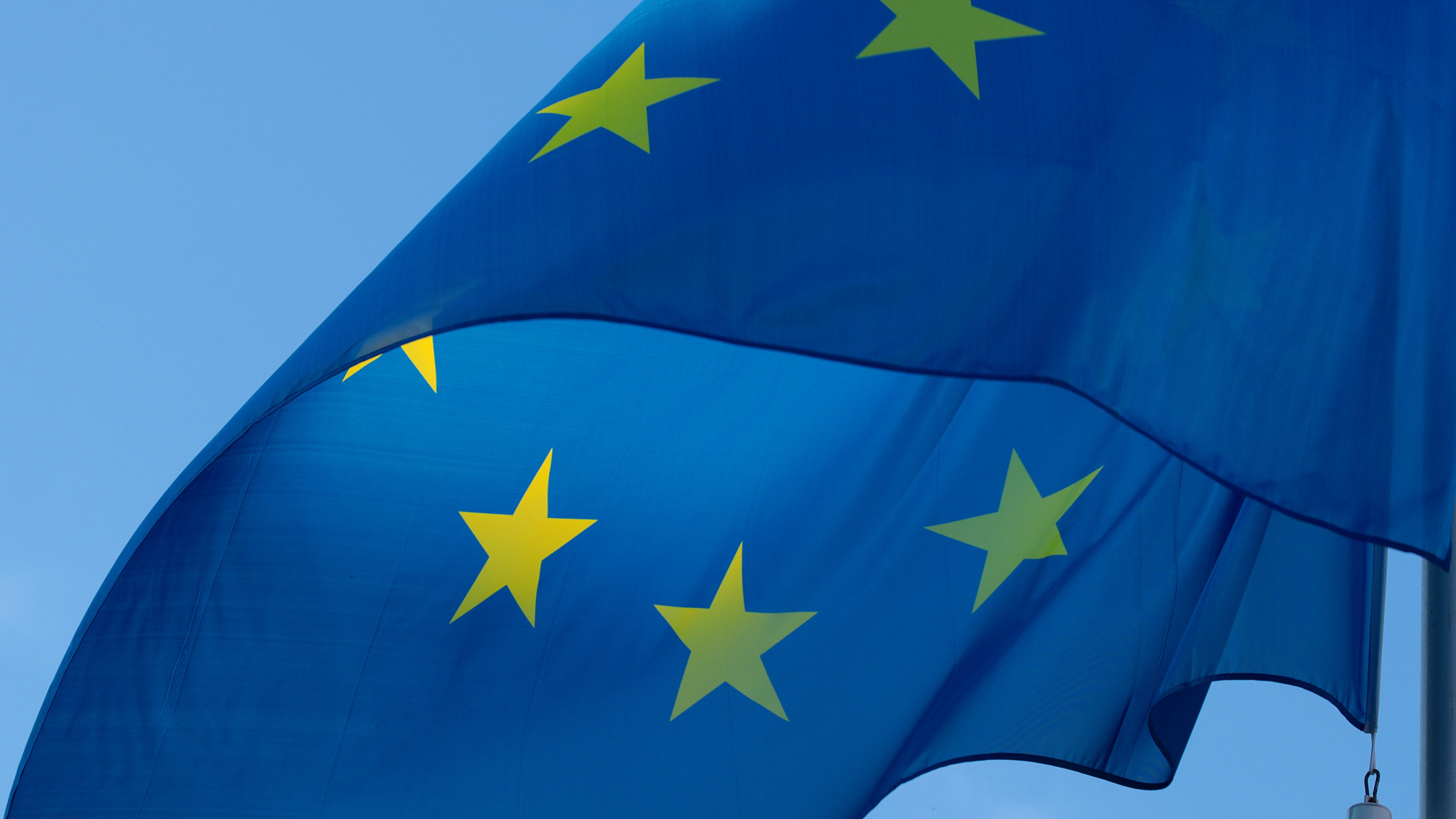“Europe’s digital sovereignty at stake” – Europe's privacy-first tech unites against Chat Control
Over 40 European companies are urging lawmakers to reject the Child Sexual Abuse Regulation (CSAR) bill

Sign up for breaking news, reviews, opinion, top tech deals, and more.
You are now subscribed
Your newsletter sign-up was successful
- Over 40 European companies are urging lawmakers to reject the Child Sexual Abuse Regulation (CSAR) bill
- These businesses warn that encryption must be protected to safeguard Europe's digital sovereignty
- Chat Control would introduce mandatory scanning of all private chats
The European Union needs to protect privacy, trust, and encryption if it wants to safeguard the future of the bloc's digital sovereignty and lead in the global digital economy.
This is the warning coming from Europe's privacy-first tech sector, which is urging lawmakers to reject the controversial Child Sexual Abuse Regulation (CSAR) bill.
Over 40 companies have signed an open letter today, October 7, a week ahead of a crucial meeting set for October 14. Signatories include some of the best VPN and encrypted messaging services, such as Proton, NordVPN, Tuta, and Element.
Nicknamed Chat Control, the initiative seeks to introduce an obligation for all messaging apps operating in Europe to scan all URLs, pictures, and videos shared by their users in the lookout for child sexual abuse material (CSAM). The latest iteration of the proposal, which the Danish Presidency put forward last July, has never been closer to reaching an agreement.
Crucially, this mandatory scanning is expected to occur directly on the device and, in the case of encrypted apps, before messages are encrypted. A requirement that, according to experts, clashes with how encryption works and could ultimately lead to weakened security for all.
Europe's digital economy at stake
The risk of breaking encryption has been the primary objection to the proposal since the beginning.
Encryption is responsible for keeping communications private and secure by scrambling the content of users' messages into an unreadable form and preventing unauthorized access.
In the face of a rise in cyberattacks, worldwide authorities have been increasingly recognizing the importance of this technology. In the open letter to the EU, experts explain that measures such as the Cyber Resilience Act and the Cybersecurity Act stress the importance of encryption as essential to Europe's future.
"It is incoherent for Europe to invest in cybersecurity with one hand, while legislating against it with the other," reads the open letter. "To lead in the global digital economy, the EU must protect privacy, trust, and encryption."
Today, we at Tuta unite with European tech companies @ecosia @Nextclouders @ProtonPrivacy @EUdigitalsme @surfshark @WEtellMobilfunk to call on EU Member States: 🚨 Vote NO on Chat Control! 🚨Read our Open Letter: 👉 https://t.co/qt8G9dYFUn pic.twitter.com/xebKMUNy8dOctober 7, 2025
European tech companies are especially worried about the future of the bloc's digital sovereignty, which they believe is essential to guaranteeing Europe's independence from US and Chinese tech giants, as well as strong national security.
Technologists, cryptographers, and digital rights campaigners have long argued that this client-side scanning would create a backdoor into secure communications that hostile government or other malicious actors would also be able to exploit.
That's exactly the reason why the Danish proposal exempts all government and military accounts from mandatory CSAM scanning. An exemption that the signatories believe is not enough to protect national security.
They said: "A lot of sensitive information from businesses, politicians, and citizens will be at risk should the CSA Regulation move forward. It will weaken Europe’s ability to protect its critical infrastructure, its companies, and its people."
This is why businesses joined forces to urge lawmakers to reject any measure "that would force the implementation of client-side scanning, backdoors, or mass surveillance of private communications," in favor of proportionate child protection measures.
Decisive moments
With only a few days left ahead of the next crucial meeting, Germany continues to leave Chat Control's critics worried.
The country is considered a decisive vote. Yet, the government has recently shifted positions, passing from the opposition to the undecided list again, according to the latest data.
Now, according to Patrick Breyer, former MEP for the German Pirate Party and digital rights jurist, the CSU-led Federal Ministry of the Interior is attempting to force the German Federal Ministry of Justice (SPD) to approve the controversial EU chat control by today (October 7).
Germany-based encrypted email service, Tuta, has confirmed to TechRadar that German ministers (interior and justice) are meeting today to finalize the country's position as the Ministry of Interior is trying to convince Justice to agree to Chat Control.
"The digital outcry about this is pretty loud in Germany right now, adding the SME open letter, we could actually have a chance that Germany stands firm with its pro-privacy position that it had in the past," Tuta told TechRadar.
This also adds to the pledge coming from Meredith Whittaker, President of the non-profit Signal Foundation, urging all German citizens to "let German politicians know how harmful, counterproductive, and self-sabotaging their reversal would be."
You might also like

Chiara is a multimedia journalist committed to covering stories to help promote the rights and denounce the abuses of the digital side of life – wherever cybersecurity, markets, and politics tangle up. She believes an open, uncensored, and private internet is a basic human need and wants to use her knowledge of VPNs to help readers take back control. She writes news, interviews, and analysis on data privacy, online censorship, digital rights, tech policies, and security software, with a special focus on VPNs, for TechRadar and TechRadar Pro. Got a story, tip-off, or something tech-interesting to say? Reach out to chiara.castro@futurenet.com
You must confirm your public display name before commenting
Please logout and then login again, you will then be prompted to enter your display name.